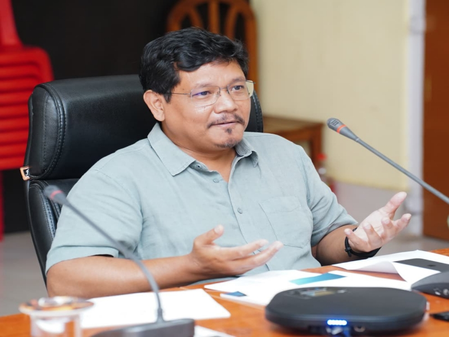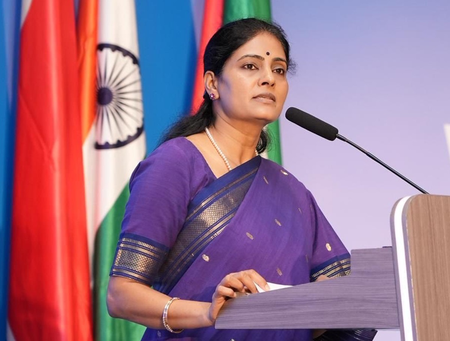
Shillong, Sep 3 (IANS) In a landmark achievement for healthcare in the Northeast, the National Medical Commission (NMC) has granted the crucial Letter of Permission (LoP) to the Shillong Medical College, officially paving the way for Meghalaya’s first state-run medical institution.
Meghalaya Chief Minister Conrad K. Sangma announced the development on social media platform X on Wednesday, calling it a “historic day” and the realisation of a “long-cherished dream”.
According to the announcement, the college has been approved for an intake of 50 MBBS seats.
The admission process will be integrated into the national schedule, with counselling set to commence on September 4, 2025, and the first academic session beginning on September 27, 2025, in line with the NEET-UG calendar.
The establishment of a government medical college has been a persistent goal for Meghalaya, a state that has historically faced a shortage of doctors and relied on medical institutions in other states.
The project represents a significant step towards addressing the critical gap in tertiary healthcare infrastructure and medical education within the state.
The LoP is the first and most essential regulatory green light from the NMC, permitting a new institution to admit its inaugural batch of students. This approval follows rigorous inspections of the college’s infrastructure, including its teaching hospital, faculty recruitment, and laboratory facilities.
The college is expected to have a transformative impact. It will not only create opportunities for local students to pursue medical education without leaving the state but also, in the long run, augment the number of healthcare professionals serving in Meghalaya’s rural and underserved areas.
The attached teaching hospital will elevate the standard of specialized medical care available to the region’s citizens. Chief Minister Sangma’s government has prioritised this project, and its fruition is being hailed as a major developmental milestone that will boost the state’s public health landscape for generations to come.
–IANS
tdr/pgh




